7 Key Components For An eCommerce Business
27 Sep 24 

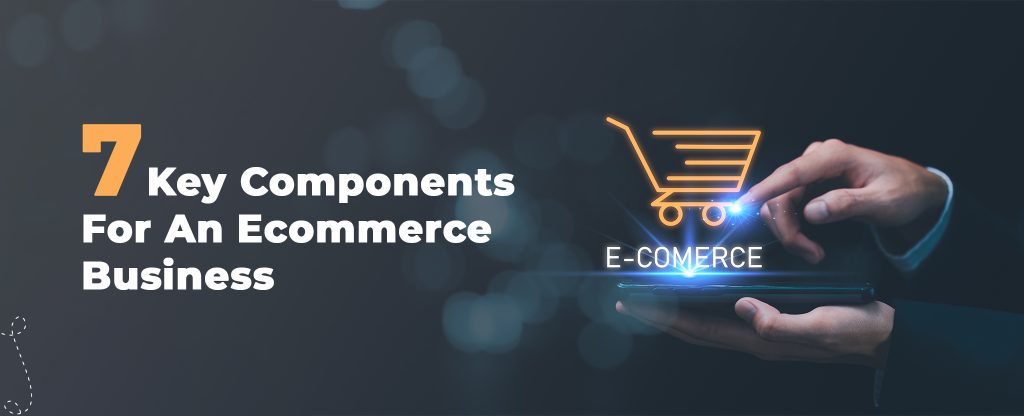
Every entrepreneur dreams of having an online store to showcase and sell their wide range of products and services. An effective business strategy is crucial because it clearly defines what your business offers to customers.
By having a well-thought-out plan, you can set a clear purpose and direction for your business to better understand your consumers’ needs and preferences. Ultimately, a strong strategy is the foundation for success in the highly competitive ecommerce sector.
Building a smart online retail strategy is crucial to minimize unnecessary costs and losses. It empowers you to stand out against larger rivals in the e-commerce space. Let’s discuss the key components that bring your ecommerce business to the top level.
What are the components for a successful eCommerce business strategy?
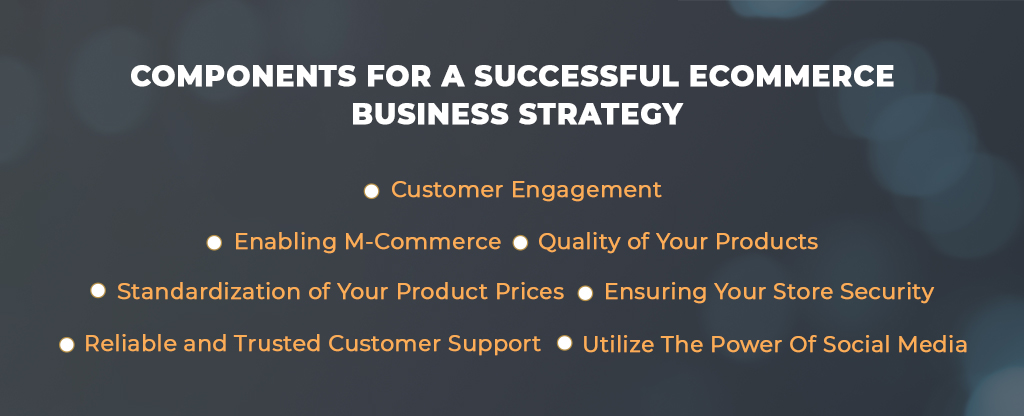
Customer Engagement
To effectively convert potential consumers into loyal customers, making a good first impression is crucial. Your website is your brand’s digital identity, and it is essential to be both creative and strategic in its design. A well-thought-out website can significantly influence how visitors perceive your brand.
Getting the best design for your website can leave a lasting impression on your visitors. Visually appealing layout with easy navigation, offer a delightful shopping experience to your potential customers. You can choose minimalist design that focuses on functionality or bold themes with vibrant colors that represent your brand’s personality. The choice you make should align with your target audience’s preferences and the overall message you want to convey.
The individual pages of your website are also vital components of e-commerce. For instance, your About Us page is not just a formality; it conveys essential details about your business niche, your location, and the products or services you offer. This page should reflect your brand’s story and values, helping to build a connection with your audience.
Additionally, incorporating high-quality images and a unique description of your products is a must. Visuals play a significant role in online shopping, as they help consumers visualize what they are purchasing.
Quality of Your Products
The quality of your products is a fundamental aspect that can help you gain trusted and loyal consumers. When customers feel confident in the quality of what they are purchasing, they are more likely to return for future transactions. High-quality products also reduce your time, cost, and risk of receiving return requests for defective items.
A negative impression can arise if consumers perceive that the products you sell online are not of good quality. To combat this, it is essential to create a positive brand reputation by ensuring that your online consumers know your products are genuine and of high quality. One effective way to build trust is by obtaining ISO accreditation, which serves as a mark of quality assurance. This certification can reassure customers that your products meet international standards, further enhancing their confidence in your brand.
Standardization of Your Product Prices
Online consumers are always on the lookout for competitive pricing and often compare the product prices you offer with those of your competitors. Product pricing is not just a number; it is a powerful marketing tool that has a direct effect on your conversion rates. This is why you must regularly evaluate your product prices to ensure they are both competitive and profitable.
When an online consumer visits a website, the first thing they look for is the product’s price. A proven way to standardize your product pricing is by implementing a cost-based model that works in three steps: determining your cost price, setting a wholesale price, and finally establishing your retail price. This structured approach allows you to maintain consistency in your pricing strategy, which is one of the key components of e-commerce success.
By standardizing your product pricing strategy, you will position yourself for success in the type of online retail business you operate. Consistency in pricing not only helps in building trust with your customers but also simplifies the decision-making process for them.
Ensuring Your Store Security
Your online store must be secure to instill confidence in your consumers when they purchase your products. A secure online retail shopping cart should have excellent security features that protect your consumers’ personal information from falling into the wrong hands. This security is non-negotiable as it can directly improve your business’s reputation and customer loyalty.
There are various ways to secure your eCommerce website. One effective method is by using an SSL (Secure Socket Layer) certificate, which encrypts data on your website to protect it from online threats. This encryption ensures that sensitive information, such as credit card details, is transmitted securely. Another important measure is implementing advanced verification methods, such as two-factor authentication. These steps will earn your consumers’ trust because they will know you are taking their security seriously.
You may also read: 13 E-Commerce Challenges and How To Overcome Them in 2024
Reliable and Trusted Customer Support
Online consumers place a high value on the reliability of customer support. When your customer support team promptly addresses their questions, queries, and issues related to product purchases, payment processes, returns, and delivery, it significantly enhances the reliability and trustworthiness of your brand. This trust is essential in the competitive landscape of e-commerce.
To ensure that your customers feel supported, your customer service should be available around the clock, 24/7. This constant availability allows you to provide an excellent approach to customer care, making it easier for consumers to reach out whenever they need assistance. Additionally, incorporating a chatbot can be a great way to connect with your audience on a personal level. Chatbots handle common inquiries instantly, providing quick responses and freeing up your human agents to tackle more complex issues.
Having good customer service is not just about resolving issues; it plays a crucial role in gaining and retaining consumers. When customers feel valued and supported, they are more likely to return for future purchases. This positive experience also contributes to building your brand identity, as satisfied customers often share their experiences with others, further enhancing your reputation in the e-commerce space.
Enabling M-Commerce
Your online eCommerce business must adapt to technological advancements to remain competitive in the market. M-commerce, or Mobile Commerce, is an innovative trend that is becoming increasingly important for online retailers today. `
Most consumers conduct their product research, make purchases, and complete payments using their smartphones. Therefore, having a mobile app for your online retail store is a vital component of an effective eCommerce business strategy. It is equally important to monitor and upgrade your app regularly to ensure it meets the evolving needs of your customers.
Utilize The Power Of Social Media
With approximately 4.4 billion internet users worldwide, and 3.44 billion of them active on social media, promoting your eCommerce business on these platforms significantly boost your store’s presence. Many companies successfully sell products or services through Instagram shopping, as it generates more attention and engagement compared to Facebook. “Getting Instagram followers through credible sites can further amplify your visibility and drive sales.” By leveraging social media effectively, you can enhance your engagement and conversion rates, making it a powerful tool in your e-commerce strategy.
That is, focusing on reliable customer support, embracing m-commerce, and utilizing social media are essential components of e-commerce that help you build a successful online business.
On A Final Note
A successful eCommerce business strategy requires a comprehensive approach that addresses key aspects, such as target audience identification, website optimization, effective marketing, customer service, inventory management, and data-driven decision-making. By focusing on these components, you can build a thriving eCommerce business that meets the evolving needs of your customers.
- Agentic AI1
- Android Development3
- Artificial Intelligence38
- Autopay1
- Classified App3
- Custom App Development5
- Digital Transformation12
- Doctor Appointment Booking App14
- Dropshipping1
- Ecommerce Apps40
- Education Apps2
- Fintech-Apps38
- Fitness App4
- Flutter4
- Flutter Apps20
- Food Delivery App5
- Grocery App Development1
- Grocery Apps3
- Health Care10
- IoT2
- Loyalty Programs11
- Matrimony Apps1
- Microsoft1
- Mobile App Maintenance2
- Mobile Apps134
- On Demand Marketplace1
- Product Engineering6
- Progressive Web Apps1
- React Native Apps2
- Saas Application2
- Shopify9
- Software Development3
- Taxi Booking Apps7
- Truck Booking App5
- UI UX Design8
- Uncategorized7
- Web App Development1










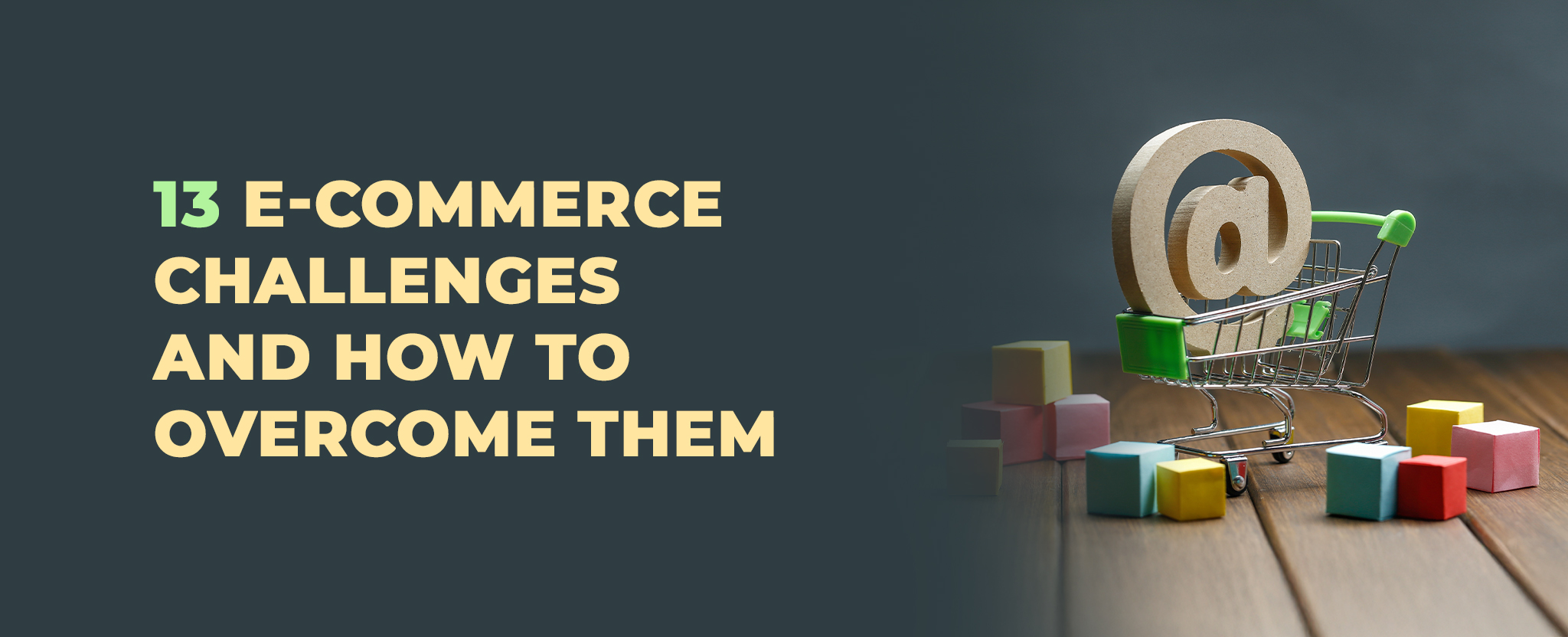
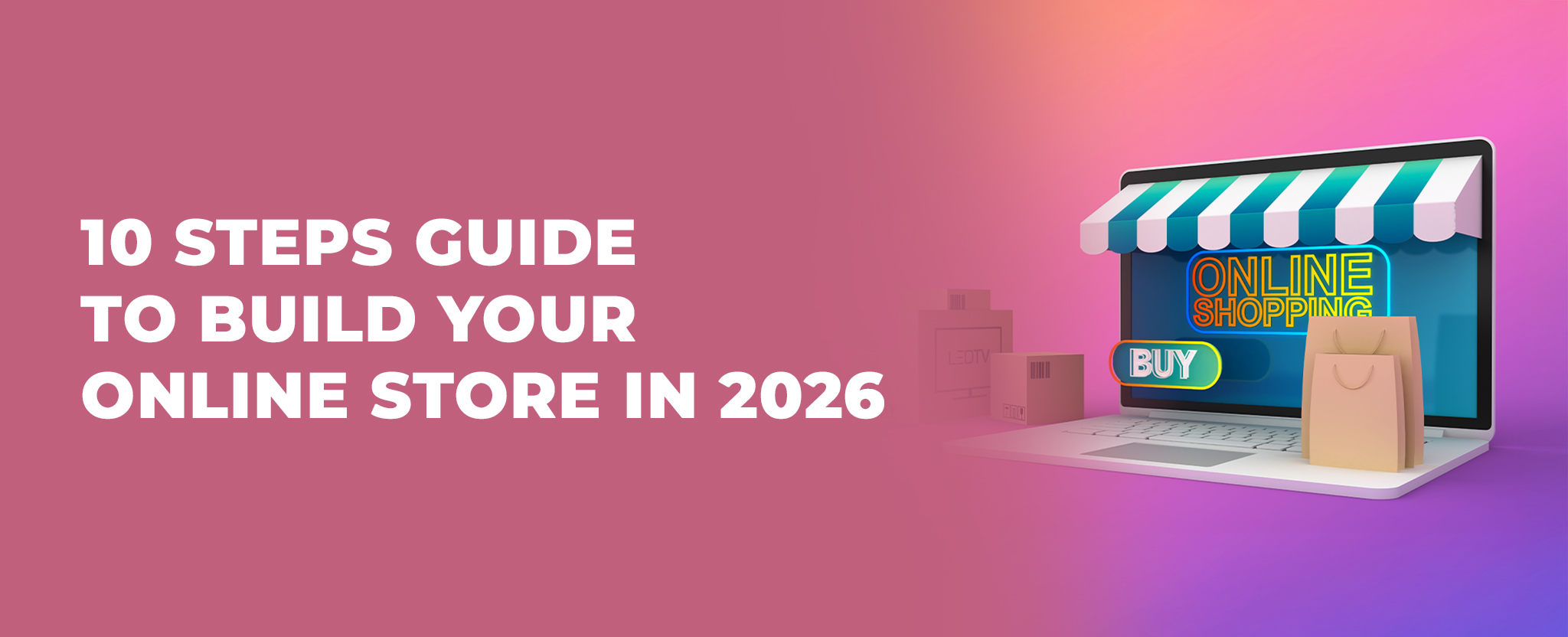
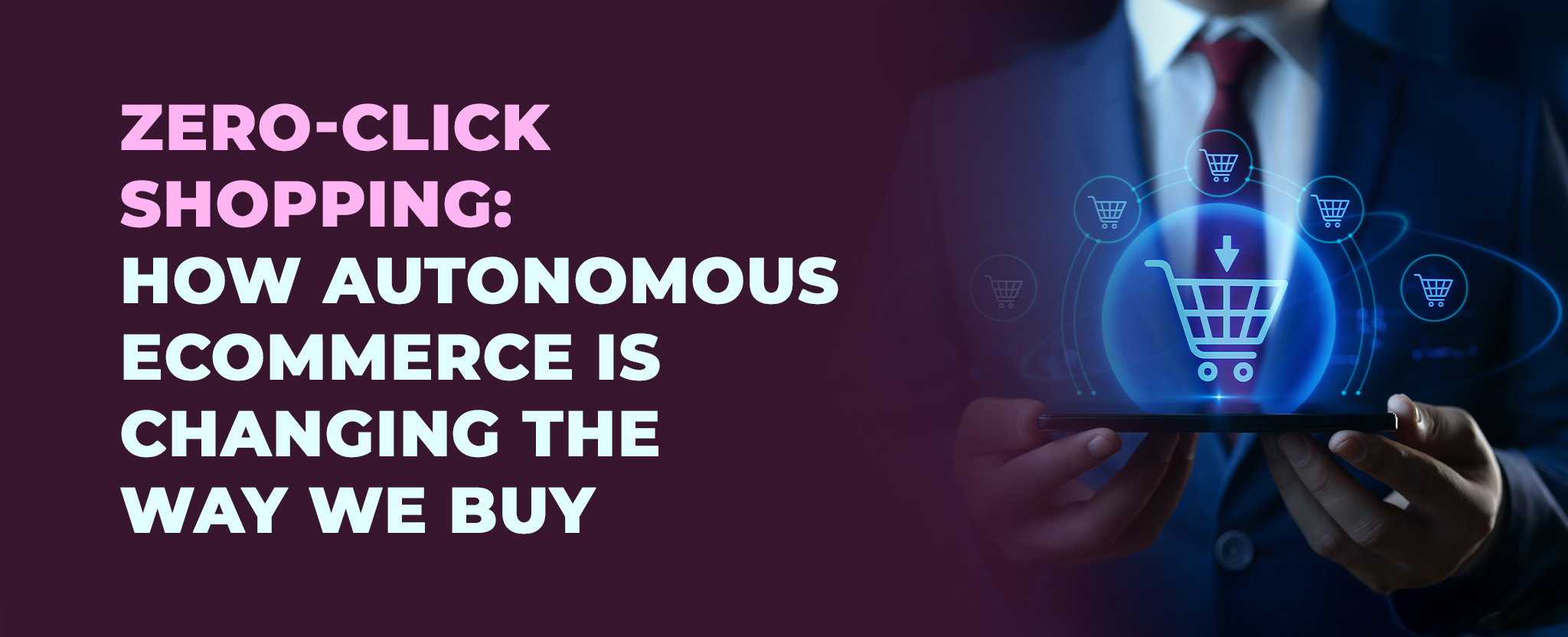






Comments